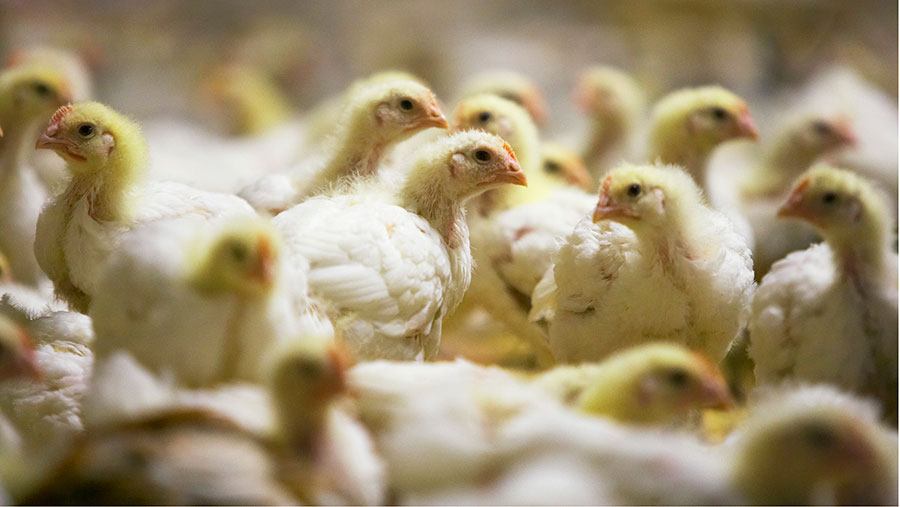Compassion in World Farming denounces poultry production ahead of climate change talks

Further intensification of EU agriculture will impair sustainability and impact on animal welfare, according to a paper released by Compassion in World Farming (CIWF) ahead of next month’s international climate change negotiations in Paris.
The report, produced by CIWF’s chief policy adviser Peter Stevenson, argues that further intensification will undermine food security and the natural resources on which farming depends.
The poultry and pig sectors in particular have been seen as an efficient option for minimising greenhouse gas (GHG) emissions.
But Mr Stevenson said that further expansion would increase demand for feed grain and oilseeds.
See also: CIWF slams ‘industrially farmed turkeys’
“Expansion of cropland, for soya production, is likely to be at the expense of forests and grasslands. This will involve increased GHG emissions due to the release of stored carbon into the atmosphere as land is cleared.
“Moreover, the additional grain that is needed will often be grown intensively with the aid of synthetic fertilisers. The manufacture of these fertilisers uses considerable amounts of fossil fuels, which results in sizeable carbon dioxide emissions.
“In addition, the application of nitrogen fertiliser leads to substantial emissions of nitrous oxide – the most aggressive GHG.”
Mr Stevenson also suggested that pushing animals further to be more productive would jeopardise welfare.
“A UK study in leg disorders in broilers found that, primarily due to high growth rates, 27.6% of the chickens had levels of lameness that are likely to be painful.
“The high productivity of modern laying hens causes osteoporosis, which results in a high level of bone fractures,” he added.
The CIWF paper also calls for a move to more sustainable diets that include less resource-intensive foods such as fruit and vegetables, less food waste and a halving of consumption of eggs, dairy products and meat.
